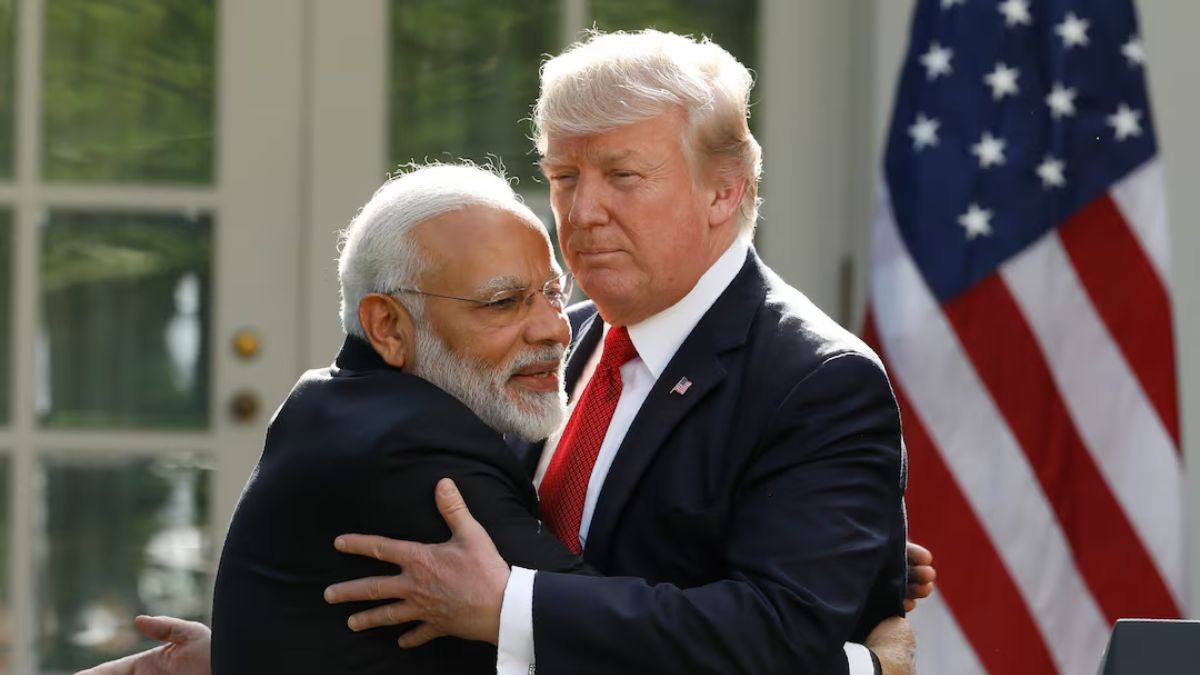WASHINGTON: US President Donald Trump stated on Monday that he advised Indian Prime Minister Narendra Modi against military engagement with Pakistan, highlighting his administration’s use of diplomatic channels and trade incentives to prevent several potential confrontations.
The president made these comments to the press corps in the Oval Office while marking the occasion of Diwali, to which he extended his “warmest greetings to all Indians.” He confirmed a recent discussion with Modi, characterizing it as “very productive” and noting the Prime Minister’s significant interest in trade matters.
President Trump further revealed that their dialogue included regional stability. “We also addressed the importance of avoiding conflict, specifically saying we should not have wars with Pakistan,” he stated. He underscored the effectiveness of leveraging economic relations, adding, “Because trade was part of the equation, I was in a position to address that issue directly.”
“The result is that India and Pakistan are not at war. That is a very positive outcome,” Trump affirmed. He concluded with personal praise for the Indian leader, remarking, “He is a remarkable individual and has grown to be a close friend of mine over time.”
The US President asserted that his strategy of employing “deals and trade” has successfully stopped eight wars to date, with one involving Pakistan and India.
“In that particular India-Pakistan situation, seven aircraft were shot down,” President Trump claimed. “I contacted both nations and made it clear that any move toward war would lead the United States to halt all trade. They contacted me within a day and stated they did not wish to proceed with hostilities.”
This is not the first instance of President Trump claiming credit for mediating between the two nuclear-armed rivals, who have a history of three wars and persistent disputes concerning the region of Indian Illegally Occupied Jammu and Kashmir (IIOJK).
Tensions escalated dramatically in May, leading to the most severe military clash between the two countries in decades. The crisis was triggered by a terrorist attack on a tourist area in Pahalgam, IIOJK, which India alleged was supported by Pakistan.
Pakistan refuted any involvement in the Kashmir assault, which resulted in 26 fatalities and was the deadliest attack on Indian civilians since the 2008 Mumbai incidents.
Following the attack, India conducted three days of unprovoked strikes against Pakistan, resulting in the deaths of innocent civilians. The Pakistan Armed Forces subsequently launched a defensive response, the successful Operation Bunyan-um-Marsoos.
During the engagement, Pakistan’s military reported shooting down six Indian Air Force fighter jets—including three Rafale aircraft—along with dozens of drones. The conflict, which lasted at least 87 hours, concluded on May 10 with a ceasefire agreement mediated by the United States.














